Greetings from Santa Fe, New Mexico, perhaps my favorite place on earth. At risk of exposing the hidden gem that is New Mexico to my (growing!) readership, I’ve obsessed about eventually residing out here since I first drove through it on a whim. It’s not hard to see what beguiled O’Keeffe and McCarthy, with Los Alamos and the remnants of the Manhattan apparatus spread throughout the state — it’s perfectly secluded with endless expanse to let the mind wander through space, with no easy way in or out, and all sorts of natural landscape no more than a couple hours driving away (lest I forget to mention that they have the best paved roads of anywhere I’ve driven.) Plus, it’s one of the few local cuisines in America that truly embraces spice (heat-wise) in food, without outsourcing it to a sauce. (Well, I suppose chile is a kind of sauce.) Anyway, I digress.
Part of why I have tempered the pace of writing — even as I said that it’s time to post — is due to the fact that nobody has any real idea as to what’s going on right now. I have some hunches, and those tend to be right, but the stakes are simply too high and we’re in completely unprecedented territory to make any clear reads and commit to a direction. Much like a financial advisor’s job is quasi-therapist,
But making sense out of a complex system, even if you don’t happen to trade around it, is comforting and lets you sit on your hands and let the market do its work. After all, the structure is designed to go up over time and the liquidity is supposed to exist when you need it rather than society as a whole, which is why so much of a licensed financial advisor’s job is a form of therapy. When I was in high school, I remember talking to my dad’s account manager at his brokerage and asking “What do you do on red days?”, to which he replied, “mostly take phone calls and tell people to not sell.” The older I get, the more I realize that a good financial advisor is truly a white glove service at its finest, and once I hit “my number”, I plan on using one myself.
the job of managing money amounts to rationally inducing depression on yourself and everyone around you so that you don’t overreact to instantaneous, noisy information (because all news is net negative for engagement purposes — the flip side of “all news is good news” attracting attention, and therefore bid.)
Gregor Samsa woke up one day to find himself transformed into a portfolio manager. As he grows accustomed to his newfound state, he realizes that his returns came from rationally inducing depression about the state of the world into everyone as a way to not panic and overreact. Then everyone stopped talking to him and he died, but not before generating massive alpha for stakeholders.
As such, while the macro environment is very much “it’s now or never” as to whether this “fuck the stocks” approach works, I’ve always known that most people don’t have the mental bandwidth, risk tolerance, or interest in figuring out what goes where and what trajectory it follows. While this is how track records are created, it’s also not exactly the mentally healthiest way to live. Thus, my only personal finance advice I’ve been giving at the moment is that you don’t need to max out your IRA every single year. Taking some cash in hand and spending it on yourself and something you enjoy — like Game 1 of the World Series, perhaps — is probably prudent, given that things are just going to get crazier. “Retirement” as it’s been sold is a method to get you to not panic sell, like our aforementioned financial advisor tells us to do, but
This entire blog is a never ending rant against passive investing, and I generally consider “set and forget”, “target date funds”, and the literal gating of 401ks to be part of an elaborate scheme to make sure people do not panic sell their stocks all at once and consume more liquidity than exists. Retirement, as a result, is simply a state of mind where you are not prioritizing forward earnings — however and whenever you reach this point is up to you.
This method is supposed to keep asset prices moving up, so people do not consume more liquidity than is available and crash the market, but who do you think has been dumping on everyone else all year?
Between memecoins, crypto market caps, and the current state of Nasdaq volatility, it is becoming evidently clear how much the centralized apparatus has pumped up market caps across the board, and as a result, it’s a good approximate of how much excess money there is in the system. None of these gains are real, in a sense — almost all job creation for the past few years has been a function of government spending
and immigration to undercut the labor market.
My timeline for the market granting me clarity, beyond a reasonable doubt, is a few months away by my estimate. For the business environment to clear up, the legal environment has to resolve first (which I’ll expand on later, but I’m convinced that the current court system simply cannot hold up — law has to be applied consistently and cogently, which it hasn’t been for a while now, but I’ll be following up on Laws in the Shivas Kingdom imminently), and it’s already at the inflection point. This is one of those markets where small sizing is a huge advantage — the bigger players will want probably a quarter of stability before deploying large amounts of capital (which is why M&A is completely frozen, much to the chagrin of some of the financials I hold.) I talk about finance as a sort of fiction all the time, and the long and short of it is that nobody can actually tell a convincing story at the moment about where things will go and why we should all be bullish. The blowout of the AI trade coincided with the Deepseek narrative shift for obvious reasons — betting on a black box means you inherently can’t tell what’s going to happen! — and when people start asking questions about what a vague market cap in the trillions means when billions are being incinerated in real time, they get shaky hands (appropriately) and don’t bid. Markets don’t ever drop due to “sellers overwhelming buyers”, it’s always because there’s no bid.
Unfortunately, I can’t unplug — not only is a new information environment the most addicting on earth, but absorbing this berserk flow and managing risk at the same time is incredibly taxing, but required of how I handle things — so a constant state of motion is the way I handle things (did I mention that New Mexico has the best paved, and mostly abandoned, state highways?), so expect the location shifts to continue.
If you choose to analyze, rather than lobotomize, keep in mind that the Important People of the World are managing stress loads that are unfathomable to mere mortals. Nothing is as it seems, everything is going to look facially ridiculous, and people are going to cycle through crashing out and locking in at rates never seen before.
This is more of an “update” than anything else, but here’s what I have on the docket for the next month: I have posts about a glaring hole in law that AI should be able to expose, “best of what I’ve read on the internet” musings, my grand theory of autism, how everything is boiling down to picking between Germany and Russia once again, how Tesla is the only tech company that matters anymore (and how I expect it to restructure), and how I burned out of Balatro (and why being good at the game makes you good at real life) cooking in my head.
In the meantime, if you want some reading, here’s One Up on Wall Street, perhaps the most influential book on finance I read as a kid (and a thread I wrote on how jarring it was to realize this.)
"One up on Wall Street" is the book I'd give any teen interested in stocks. It's written in such an intuitive, storytelling fashion that doesn't bog you down with analysis or outdated concepts, "I like the stock" but from Peter Lynch's battle-tested purview. I first came across it probably when I was ~13, it's the rare bestseller that actually is developed over time rather than repeating the same points over and over to absurdity. I think a high schooler could comfortably browse through it and glean something. It’s one of those one of those "I haven't looked at this in over a decade, but I can clearly see the influence in how I write and think." If politics is all theater kids, finance is all philosophy kids…
It’s evidently clear how much of this book I wholly internalized
Lynch (and Soros — reflexivity is not just a phenomenon of stock prices, your “edge” will change) make it evidently clear that there is a clear time to walk away if you’re a discretionary type.
As much as quants would argue otherwise, unless you have some sort of immutable infra edge (HFT, etc.), a lot of "outperformance" is having a banner year or two and then tightly controlling drawdown risk while following the market. It's certainly possible, but at some point or another you're going to have to take a conviction bet. (As you can tell, a lot of stress nowadays is protecting gains through a regime isn’t definable yet, which is very different from how I used to aggressively take risk to create gains. It’s a whole different way of managing my risk tolerance — it’s internal, not market induced.)
Luck isn't just "hitting the right stock" — it also includes the regime shifting such that it perfectly aligns with your understanding of how the market will move. In no small part, I think why the market makes so much "sense" to me is I have a very weird way of processing volume done relative to the standard definitions, which is why I keep going on about prices "not being real"
Anyway, I’ll probably write a book review of sorts when the time is appropriate — when things calm down, at least. One day, I will finally sell in May and go away.


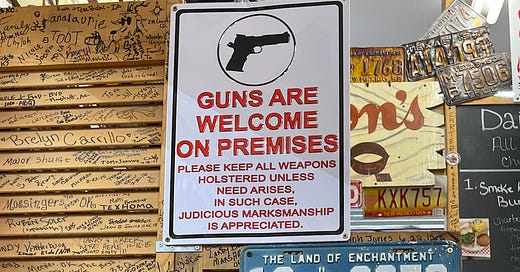


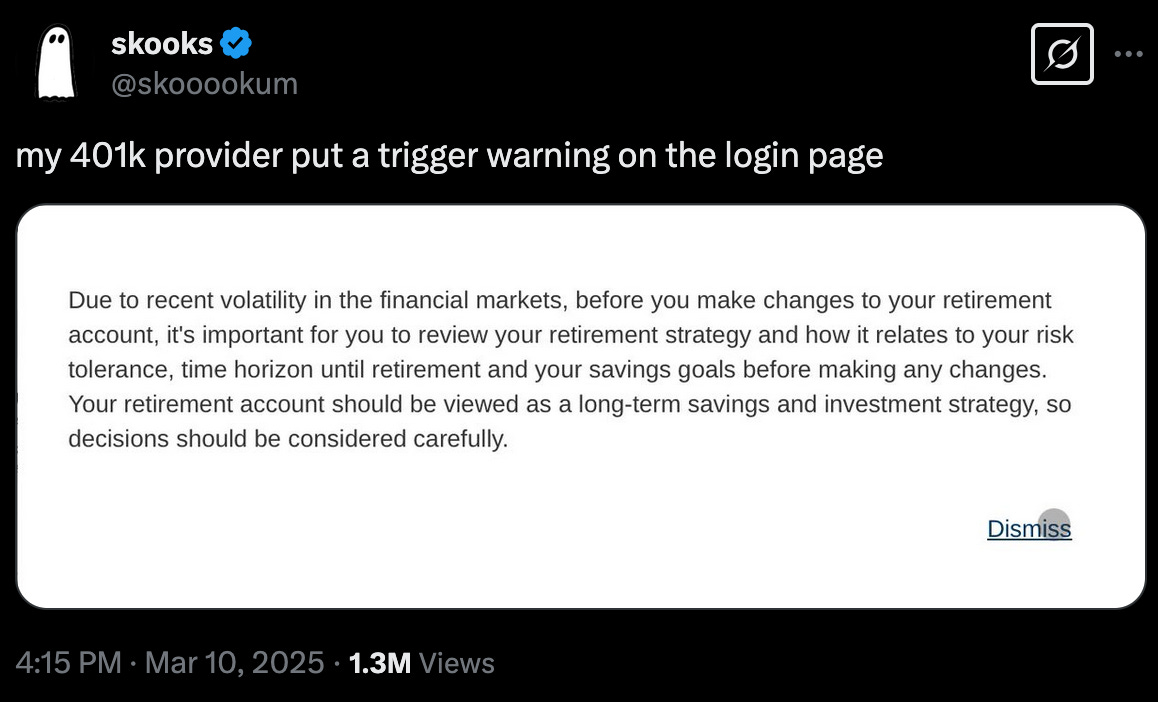

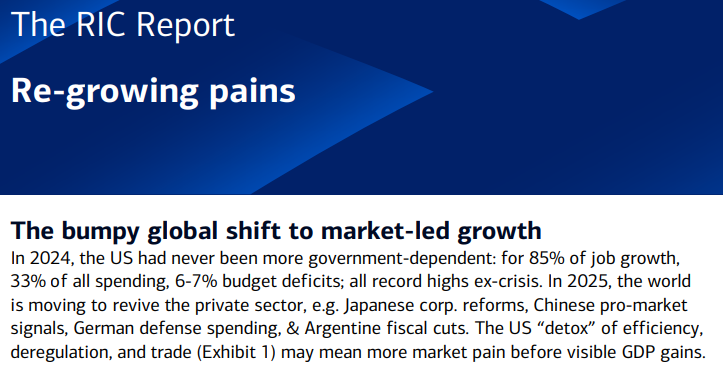
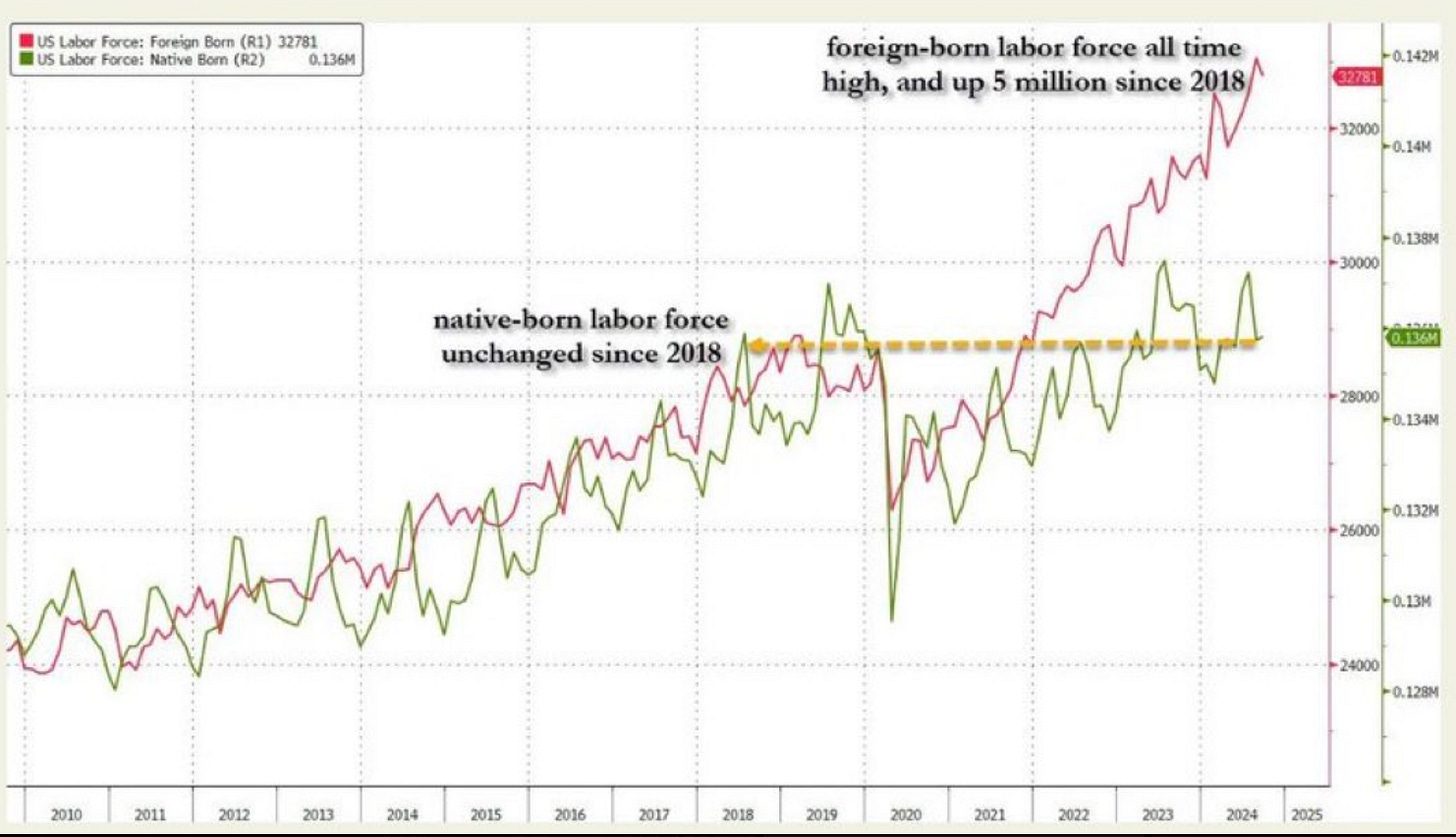
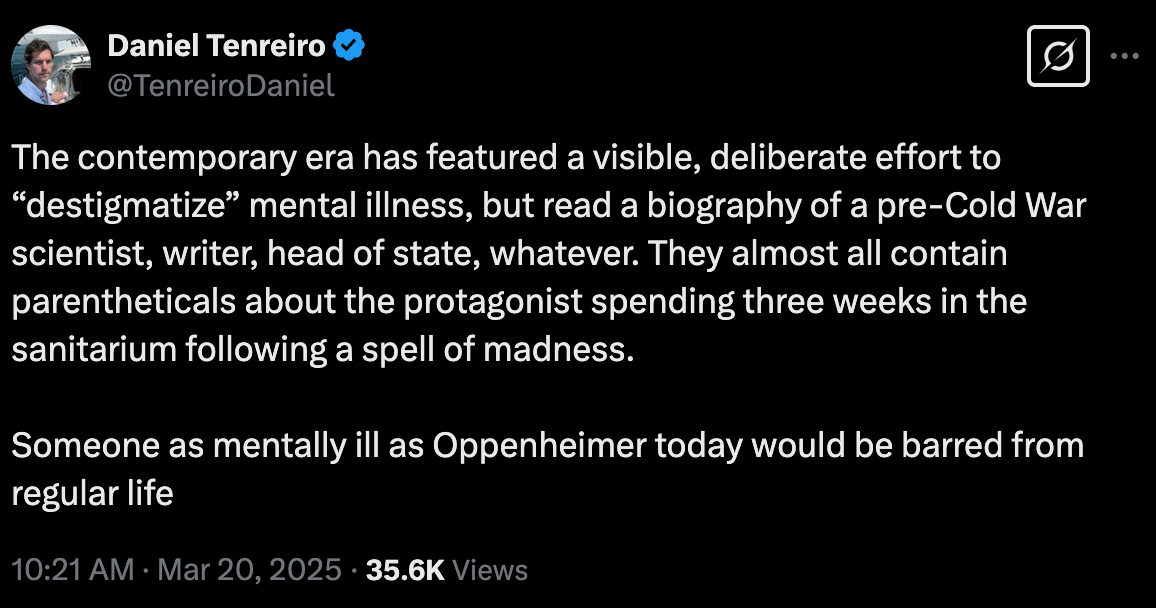
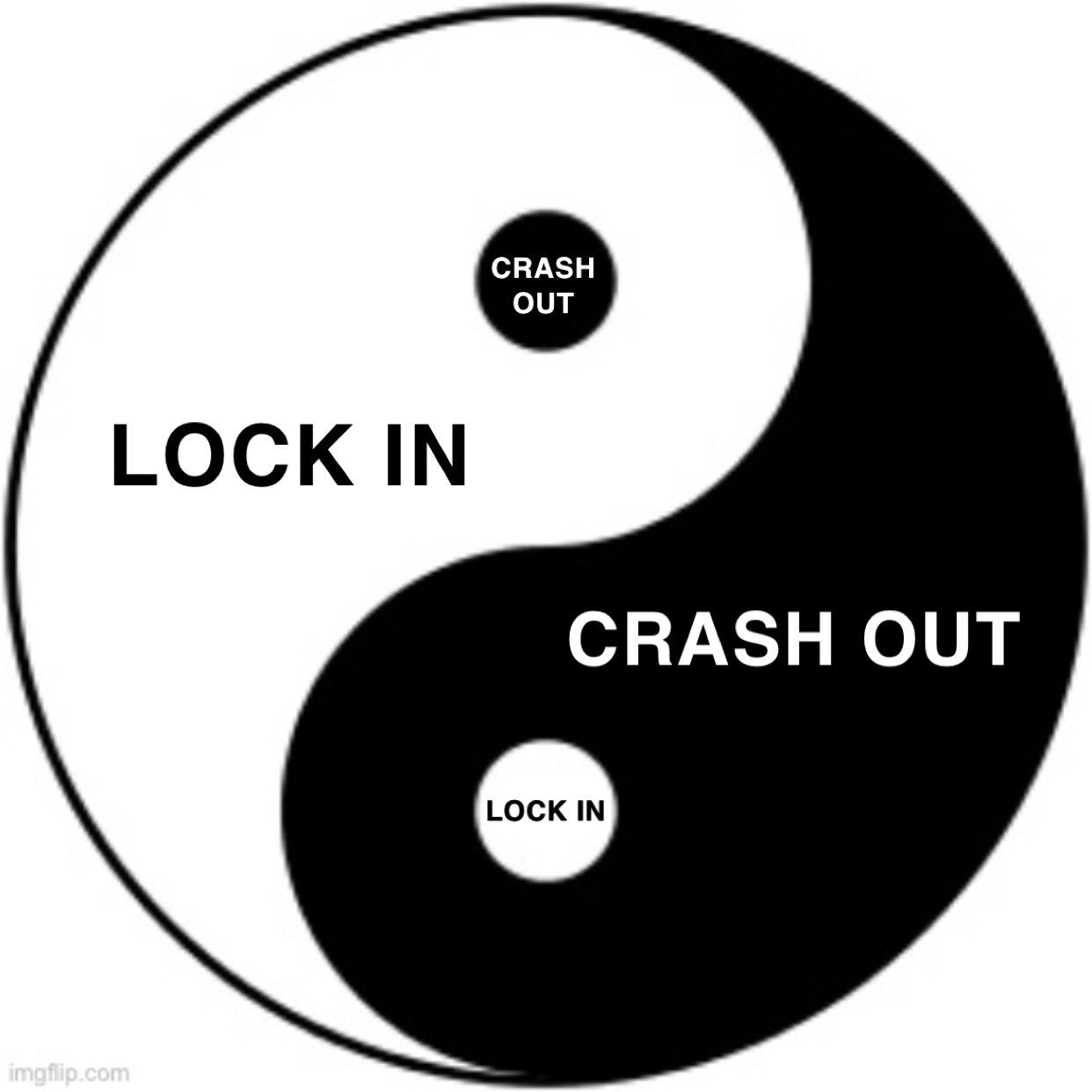

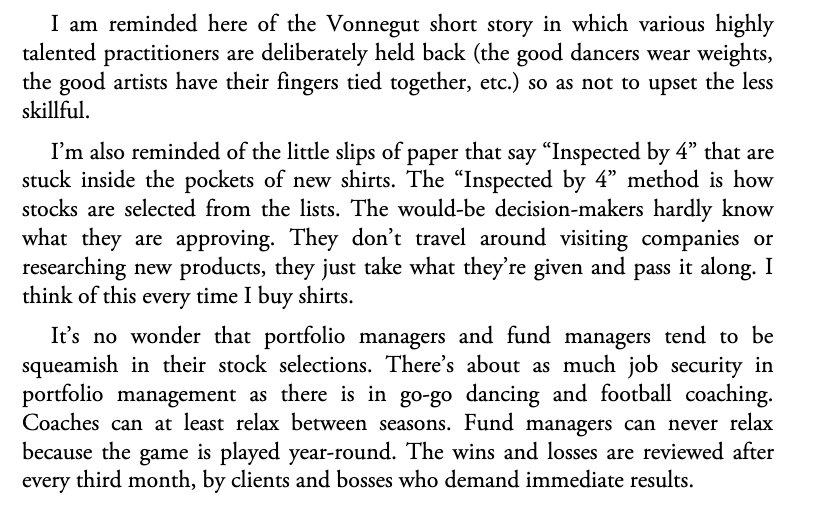
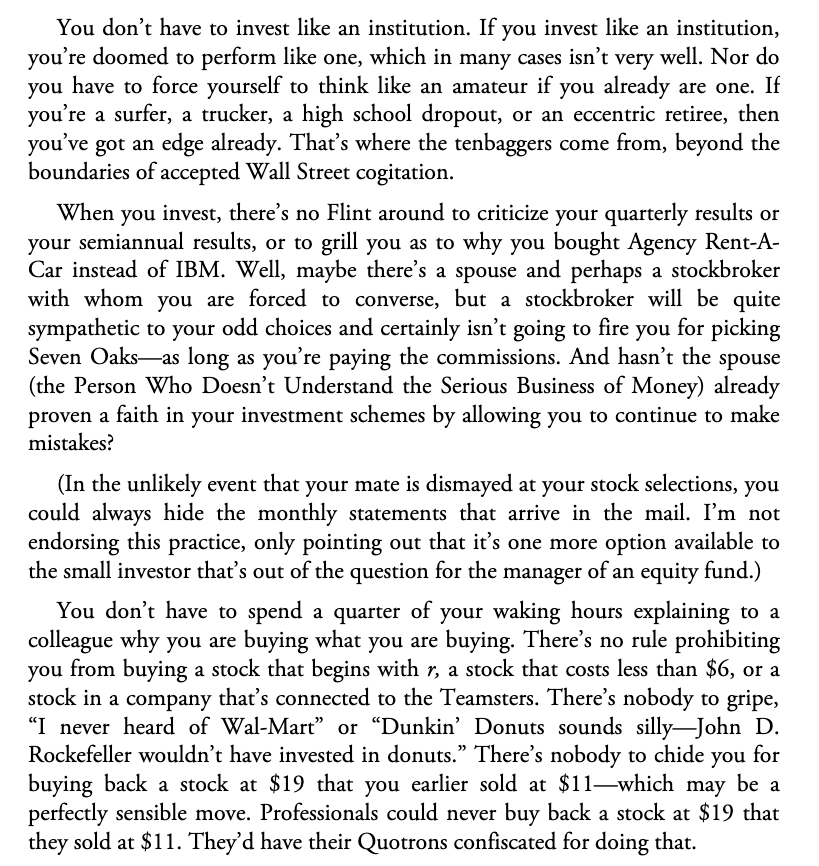
If you need placed to explore you can try tent rocks, nambe falls, the church in Chimayo, jemez springs for hot springs. I think there is other hot springs in nambe. If you come to albuquerque you can try old town.